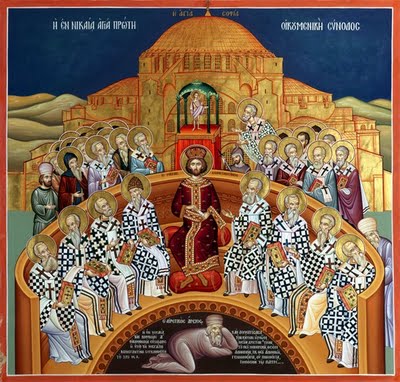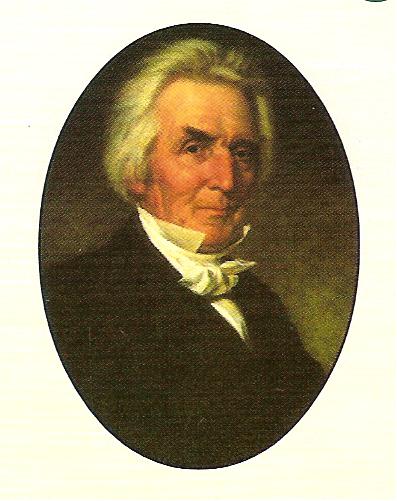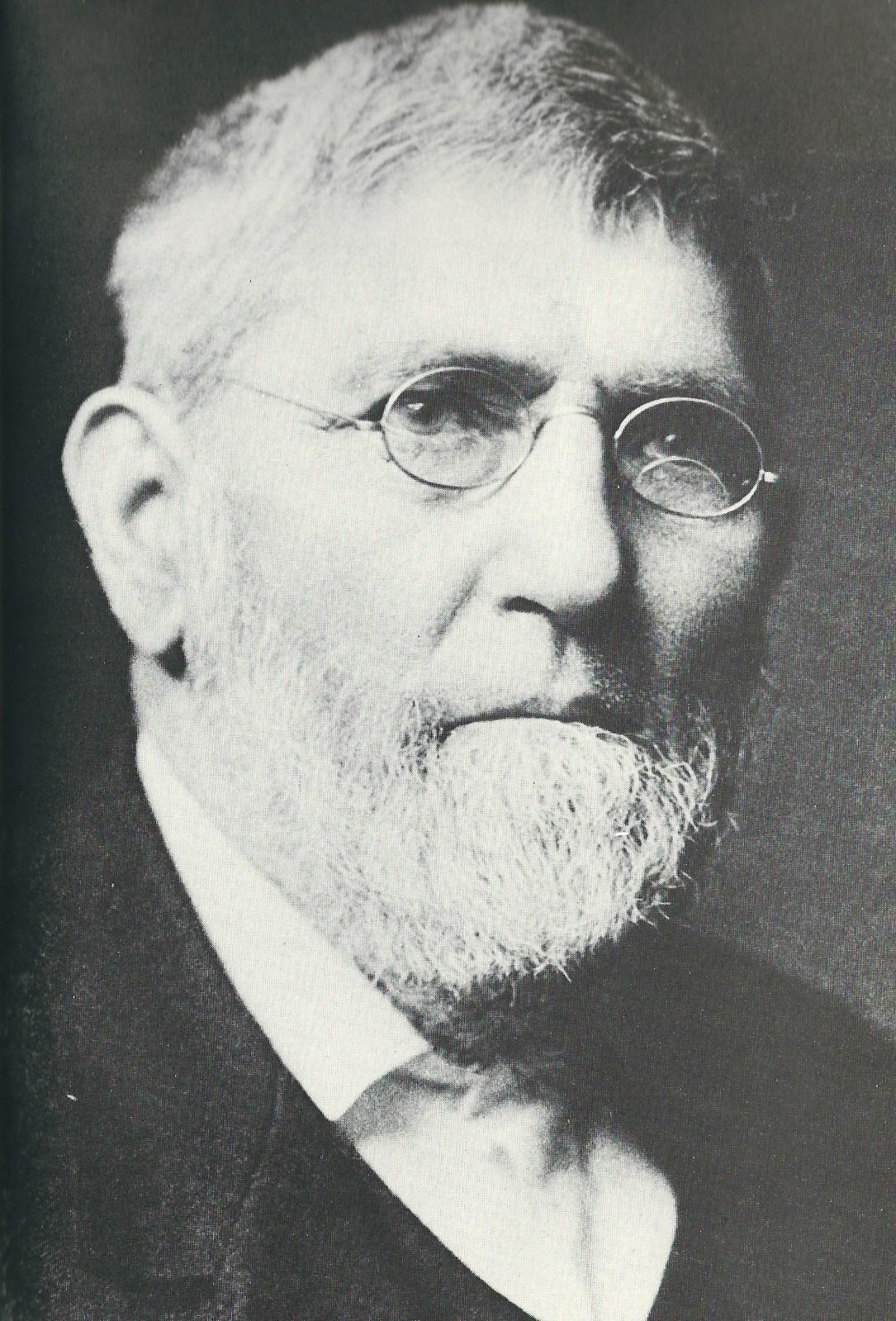Bruce's Beat
11-2-2015
Attitudes Toward Scripture and Consequences
The observation has been made that it is not the different issues that come along that divide believers in Jesus, but it is the different attitudes they hold toward Scripture as they seek to answer those issues. This observation merits investigation. Though his book is now dated, Homer Hailey's Attitudes and Consequences made a perceptive study of attitudes toward Scripture in his study of the Restoration movement. Hailey stated in the preface, "The aim of this work has been to trace the development of two attitudes toward the Scripture authority in the Restoration Movement: that of the early spirits of the movement, and another which grew up within it, leading ultimately to division." (Hailey, 1).
Consider some of the attitudes toward Scripture revealed in Church history. Augustine, considered the greatest scholar in ancient Catholicism, once declared that he valued the "living voice" of the Church greater than the Scriptures. Is it any wonder that Church traditions and decisions of councils carry such authority in Catholicism?

When the Protestant Reformation began, Luther held the view that unless Scripture condemned a practice, then those practices were to be retained in the Lutheran church. Luther's own disdain for the book of James and other New Testament writings led to an attitude that has fostered itself in the radical higher criticism of Scripture that now denies inspiration. Another Protestant Reformer, Ulderich Zwingli, believed that no practices were to be permitted unless they were authorized by Scripture. Zwingli's spiritualizing the command to be baptized led him into a "faith only" view of salvation. With such diverse views toward the Scriptures, should one be surprised that the Protestant world is divided?

When the Restoration movement began, a motto that was widely quoted was "Speak where the Scriptures speak, and be silent where the Scriptures are silent." Thomas Campbell, who incorporated this motto in his famous "Declaration and Address," advocated that nothing be made an issue of fellowship unless there could be "express terms" and "approved examples" found in Scripture. Alexander Campbell articulated a high reverence for the word of God in an editorial appearing in the first volume of the Millennial Harbinger. "To hear many of the moderns, who profess to preach the word, talk of it as they do, and represent it as a dead and inefficient letter, is enough to provoke the meekness of a Moses, or to awaken the indignity of a Paul. The voice of God spoke the universe into being from the womb of nothing. The same voice recreates the soul of man, and the same voice will awaken the dead at the last day. His voice, heard or read, is equally adapted to the ends proposed. Some look for another call, a more powerful call than the written gospel presents. They talk of an inward call, of hearing the voice of God in their souls. But what greater power can the voice of God in the soul have, or what greater power can this inward call have, than the outward call, or the voice of God, echoed by the Apostles? God's voice is only heard now in the gospel. The gospel is now the only word of God or will of God -- the only proclamation and command addresed to the human race. 'Tis in the word of God His Spirit operates upon men, and not out of it. Were the Spirit to lay it aside, and adopt any other instrument, it would be the greatest disparagement of the word of God, 'which is the wisdom and power of God,' 'the word of life,' and 'able to save the soul;' it would dishonor that word as men do who prefer other means for converting men to the gospel of Christ." (Campbell, 126). Campbell went on to say: "The voice of God, and the only voice of God which you will hear till he calls you home, is his written gospel. This is now the only word of God, the only command and the only promise addressed to all men; proclaimed by his authority to every creature. The gospel is the power of God to salvation, to every one who obeys it. 'Tis in it the Spirit of God exhibits his energy, and he who thinks that the Spirit operates in any other way than clothed in the word of God in convincing and converting the world, feeds upon a fancy of his own, or of some other distempered mind." (Campbell, 127).

But the unity in the Restoration movement began to unravel when this motto began to be adapted by men such as J. H. Garrison. "Where the Scriptures spoke, moderate Disciples spoke; but where the Scriptures were silent, they claimed the right - indeed the duty - to use 'sanctified common sense' and to follow 'enlightened judgement'." (Macalister and Tucker, 238). Compare the attitude of David Lipscomb to this loosening of Scriptural authority. "A church is a church of God only so long as it is governed by the law of God. . . . A church that introduces things not ordained by God in the worship or service of God does not 'serve God only.' . . . To add anything to or take anything from the appointments of God is treason to God in this principles laid down as fundamental by Jesus: 'Him only shalt thou serve.' Loyalty and fidelity to Goid can be tested by things little as well as by those great in the sight of men. . . . but if they belive the organ is sinful, it is not their duty to worship with it or with the church that sets aside the authortiy of God by introducing it." (Lipscomb, 481-482).

More recently, the call for a new hermenuetic, controversy over the canon, and assertions about grace have displayed a differing attitude toward Scripture. Such attitudes have inevitable consequences. They will divide brethren. They will lead to adding to and taking away from authorized worship practices. They will weaken preaching of the requirements of the gospel for salvation. They will jeopardize the souls of men and women, boys and girls. Such has been the result through the centuries as attested by the facts of Church and Restoration history. Such will be the consequences in the future.
What kind of attitude should one have toward the word of God? Notice how the Bible described Ezra; "For Ezra had prepared his heart to seek the law of the Lord, and to do it, and to teach in Israel statutes and judgements." - Ezra 7:10. What a commendable attitude! He had prepared his heart. Preparation is needed in every endeavor for it to have the outcome desired. To prepare hearts to receive the word is necessary to reap a bountiful spiritual harvest - Matthew 13:18-23. But notice also the purpose Ezra had in mind for his undertaking. "To seek the law and to do it." To seek knowledge for knowledge's sake alone is to miss the point of Scripture. God gave His word to change us! We are to practice what we preach. To do otherwise is to build our lives on the sand, rather than the rock of Christ - Matthew 7:24-27.
Works Cited
Campbell, Alexander. "The Voice of God and the Word of God," Millennial Harbinger vol. 1 no. 3 (March 1830): 124-128.
Hailey, Homer. Attitudes and Consequences in the Restoration Movement. Rosemead, CA: Old Paths Book Club, 1945.
Lipscomb, David and Elisha G. Swell. "Can Christians Worship with a Church that Uses the Organ?" Questions Answered by Lipscomb and Sewell. M. c. Kurfees, ed. Nashville: Gospel Advocate Company, 1921: 481-882.
McAllister, Lester G. and William E. Tucker, Journey in Faith. St. Loius, MO: Chalice Press, 1975.
